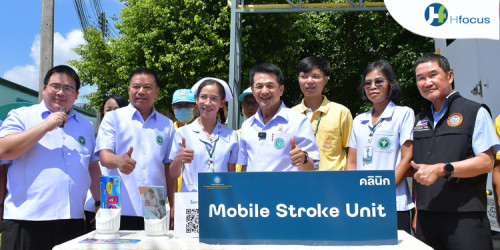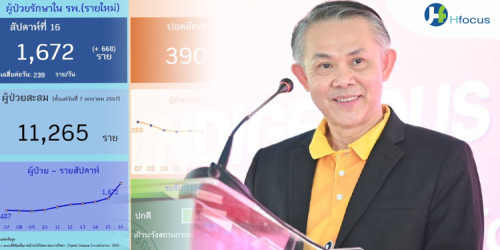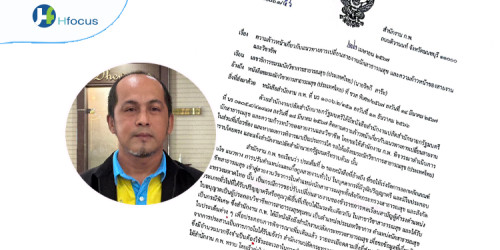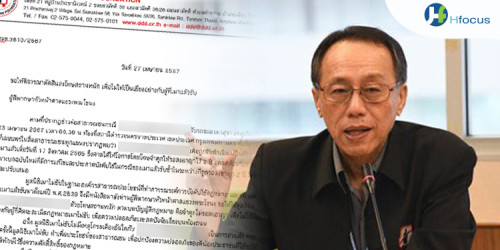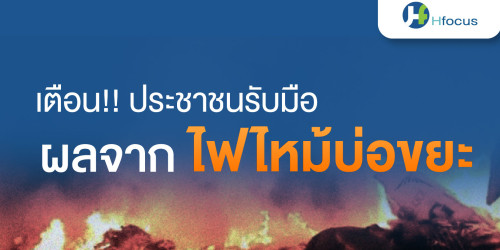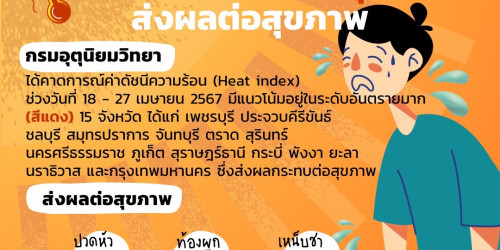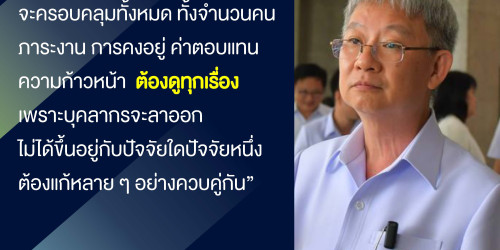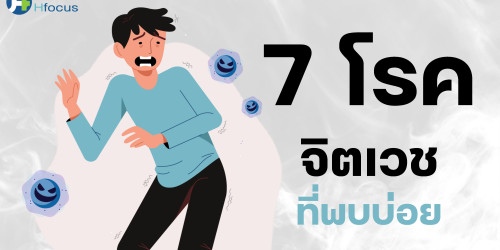The National Health Security Office (NHSO) board cancelled a discussion on the proposed co-payment scheme for the Universal Healthcare Coverage scheme (UC) at its meeting yesterday amid opposition from activists.
About 20 representatives from the People's Health System Movement (PHSM), Consumer Foundation, and People Living with HIV/AIDS groups showed up before the NHSO's scheduled board meeting yesterday to protest against the proposal.
The UC co-payment scheme was listed on the meeting's agenda.
The National Economics and Social Development Board (NESDB) proposed the co-payment scheme to reduce the rising state expenditure on the UC, or "30-baht", scheme.
Under the proposal, patients would be forced to contribute to payments for some healthcare services. The board has not released details of what services would be included.
PHSM spokeswoman Kodchanutch Sangtalang said the co-payment scheme would deny many people access to medical services.
About 48 million people have been treated under the UC scheme, many of whom would have otherwise been unable to afford even basic medical services.
Ms Kodchanutch said the co-payment method would widen the welfare gap between the rich and poor.
Critics believe the co-payment scheme is being pushed by private hospitals,whose voice has a strong influence in the NHSO board's decision-making.
They say the new scheme would allow private hospitals to reap more benefits from the UC scheme. Currently, about 10% of the hospitals participating in the UC scheme are private.
NHSO secretary-general Winai Sawasdivorn said the introduction of the UC co-payment scheme was suggested by the NESDB in 2012.
The suggestion aimed to counter the rising costs of government health expenditure, which has risen an average of 9.6% per year over the past eight years.
Of the total of 188 billion baht spent on health welfare a year across the government's three healthcare schemes about 101 billion baht goes towards the UC programme.
Mr Winai said the UC co-payment scheme was still just a proposal and had not yet been discussed in detail.
The issue would need to go through rigorous study to determine whether it would be effective, he said.
After being pressed by the activists,Public Health Minister Pradit Sinthawanarong cancelled the discussion on the co-payment scheme.
He said the issue would go through a public hearing process before being proposed to the NHSO board.
NHSO board member Wichai Chokwiwat, who invented the operations system for the UC scheme, told the Bangkok Post the government has no need to collect money from patients. Even the current collection of 30 baht was unnecessary, he said.
Only 1.2 billion baht a year was generated from the 30-baht payments, he said.
"The government should try to collect additional revenue from other areas of Thailand's health expenditure, such as the bloated civil servant healthcare scheme," he added.
Source: Bangkok Post 18 May 2013
- 5 views

